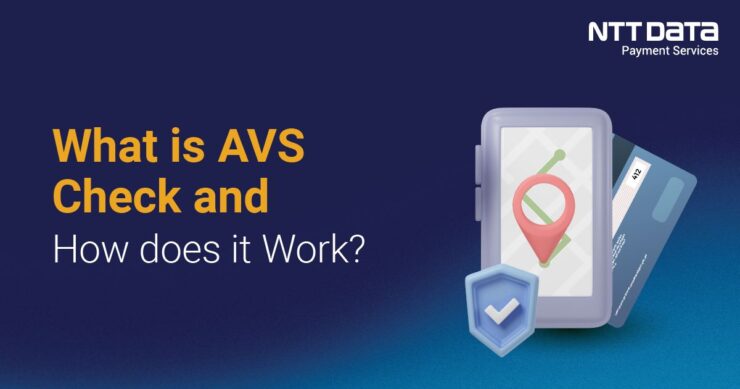
Table of Contents
Merchants today need robust measures to authenticate customers and curb fraudulent activity. One such effective solution is the Address Verification System or AVS. In this blog, we explore what is AVS check and it works.
What is AVS Check (Address Verification Service)?
An Address Verification System, commonly referred to as AVS, is a security check performed by credit card payment processors and banks during online transactions. The purpose of AVS is to validate that the billing address provided during a credit card transaction matches the address on file with the card issuer. This helps reduce credit card fraud by verifying the customer is who they claim to be.
Recent Web Stories
How does AVS Verification Work?
During checkout on an e-commerce site, the customer enters their billing address, including street number, street name, zip code, etc. This address information is passed to the payment processor along with the credit card number for authorisation.
The payment processor will then send the address details to the issuing bank. The bank checks if the billing address submitted matches the address they have on file for that specific credit card number.
The bank generates an AVS response code based on what details did or did not match between the transaction address and the address on file. Some key details validated in an AVS check include:
- Street number
- Street name
- Zip/postal code.
The bank returns the AVS response code to the merchant via the payment processor. This allows the merchant to identify potential fraud risks and decide whether to proceed with authorising the transaction.
What are AVS Response Codes?
The code generated by the bank for the AVS check provides insight into which address elements matched and which did not. The most common AVS response codes include:
- Y – Address (incl. zip code) matches exactly
- A – The street address matches, but zip does not
- N – Address does not match
- U – Unable to process AVS request
- R – System unavailable or issuer does not support AVS
These codes can vary slightly depending on the payment card brand (Visa, Mastercard, American Express, etc.). But in general, Y is considered a full match, while N indicates a mismatch requiring manual review.
Tips to Improve AVS Matching
Ensuring accurate address capture and optimising AVS fields can help merchants boost their matching rates:
- Use address verification tools during checkout to catch errors
- Clearly label address fields (street, city, state, zip, etc.)
- Suggest autofill from saved addresses in the browser
- Consider addressing normalisation APIs to standardise formats
- Process international addresses and postal codes correctly
- Check for supported AVS fields with each payment processor
- Review AVS reports to find problem areas needing improvement
In addition, validating additional identifiers like name, email, and phone number can offer stronger fraud protection than relying on AVS alone. Layering security checks is important for risk assessment.
Reducing Chargebacks with AVS
Avoiding declines and chargebacks is crucial for any merchant. With AVS, transactions that return a non-match code like N are more likely to end up as chargebacks.
Merchants can minimise these by,
- Not processing high-risk transactions with mismatching AVS codes.
- Requesting additional identity verification for mismatches.
- Educate customers on the importance of accurate address entry.
- Contesting chargebacks with documented AVS checks where possible.
Secure Your Online Payments with NTT DATA Payment Services
NTT DATA Payment Services offers a complete payment solution to advance both your offline and online businesses from,
- Payment Gateway in India
- POS machines
- IVR payments
- Mobile applications, and
- Bharat QR Scan and Pay
Significance of AVS Check
Implementing AVS is a simple yet effective way for online merchants to reduce credit card fraud. Combined with other fraud tools, it plays a vital role in maintaining consumer trust while protecting the bottom line. Merchants should make the most of AVS capabilities available to them.
| Also, you can get frequent updates on nttdatapayments Instagram page. |
FAQs
- What is AVS?
AVS stands for Address Verification System. It is a security check performed during online credit card transactions to validate that the billing address matches the one on file with the card issuer.
- How does AVS work?
When a customer makes an online purchase, their address is sent to the payment processor and card issuer. The issuer checks if it matches the address they have on file for that card number and provides an AVS response code.
- What are common AVS response codes?
Some common codes are Y for full match, A for street match but zip mismatch, N for no match. Codes indicate which address elements like street, city, and zip matched or didn’t match.
- Why is AVS important?
AVS helps reduce credit card fraud by verifying the customer is who they say they are. It also minimises chargebacks for merchants when transactions are found to be fraudulent due to address mismatch.
- How can merchants improve AVS matching?
Labelling address fields, using address verification tools, processing international addresses correctly, and reviewing AVS reports to find problem areas can help merchants boost their AVS matching rates.







